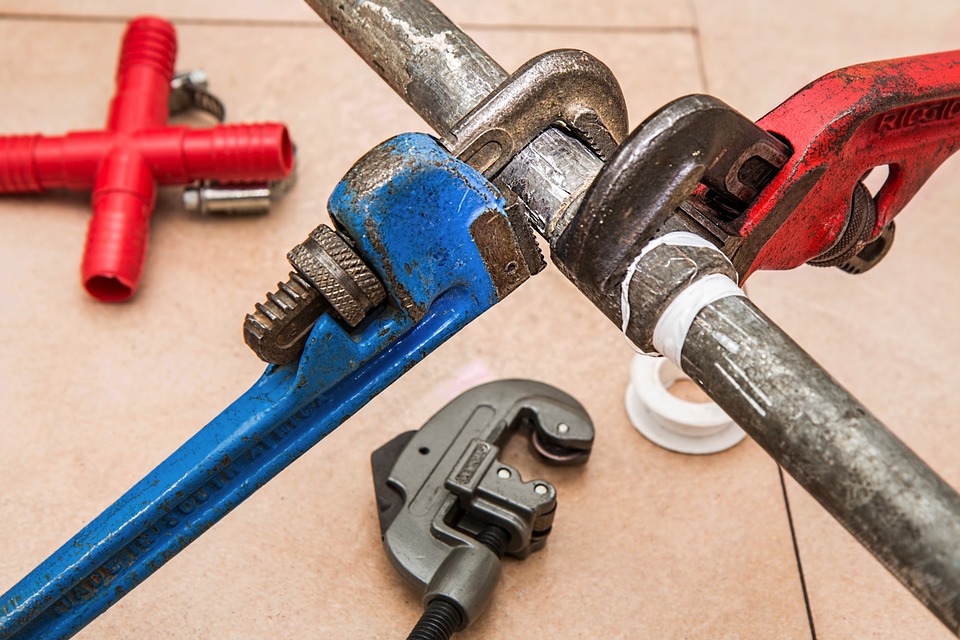Red Flags for Any Long Island Homebuyer
Buying a new home is an exciting time for residents of Long Island. It’s often a new start or a step forward – for some families buying a house is the fruition of a collective and longtime dream. Before signatures are placed on purchase contracts and closing documents, buyers are already discussing possible renovations and potential design schemes. Yet, not every house is a dream come true.

The positive and enthusing aspect of buying property can overshadow obvious flaws with a house. Other Long Island residential homebuyers are simply unaware or uninformed of the deal breakers that may arise during the purchasing process. In either instance, bringing to light the biggest cautionary signs in a property purchase can help buyers make better decisions before signing a contract. Want to know a Long Island residential lawyer’s take on the red flags for any Long Island homebuyer? Keep reading.
Deferred and Mediocre Maintenance
Upkeep of a property is a continuous job, but some homeowners don’t have the time, recognition, or financial resources to perform all required repairs. As the buyer, this lax in maintenance soon becomes your problem. When viewing a home or doing an initial inspection, be certain to look for signs that routine maintenance wasn’t performed; for example, leaky faucets or chipped paint, burned-out light bulbs or cracked tile.

These signs of deferred or mediocre maintenance are typically indicative of the prior homeowner’s approach to all repairs and upkeep – which bigger problems are on the horizon. If facets and tile is neglected, chances are appliances, equipment, and structural issues were also ignored. Also, if an amateur, instead of a trained professional, handled maintenance or repairs, then it’s another sign that bigger problems lurk behind the walls and under the floor of the house.
There Goes the Neighborhood
Much of Long Island is a tight-knit community that adores living in the slice of New York. We love the proximity to New York City, without the same commotion, and the beach is never far away. Long Island has immense natural beauty and stunning spots to vacation – right in your own backyard. However, when moving to Long Island, it’s best to remember that this is still a collection of diverse and separate neighborhoods that fluctuate. If you are looking to buy a house in a certain part of Long Island, make sure to scout out the neighborhood.
Do some research on other property sales in the area and whether purchase prices have risen or fallen in the past year. More importantly, look at turnover on the street. Are people constantly coming and going from that block? There could be a reason for a mass exodus from a specific area, and before buying you want to understand what it is.
Problems with the Home Inspection
First and foremost, you need a residential real estate attorney to confirm that your right to a property inspection is clearly in the purchase contract. Most Long Island residents should request a full inspection, by an inspector of the buyer’s choice, before proceeding to closing on the property. This thorough inspection requires several contractual provisions, including seller’s consent to accommodate an inspector on the property before closing and the right to terminate the contract based on the findings of the inspection.
Second, the results of this inspection should be taken very seriously. If the inspection reveals flaws in the foundation or problems with water damage, such Long Island property could require significant work shortly after purchase. Many contracts are canceled solely on inspection results alone. If you still want to proceed with the purchase, you can have a lawyer negotiate the cost of these substantial repairs as a deduction from the purchase price.
Odd Odors In or Around the House
Strange or strong smells around the property should be a big red flag for any homebuyer. More often than not, an unpleasant smell is the sign of a problem with the house. Whether it’s an animal infestation or mold, you want to question and find the source of anything your nose picks up while house hunting.
Bad smells are usually read as warnings by buyers, while pleasant smells are dismissed. However, an overwhelming or strong good smell should also be a red flag, as these deodorizers could be used to cover up the scent or rot, mold, or something else.
Navigating Inspections and Rights as a Buyer

Many red flags of a damaged property aren’t obvious on the surface. A substantial and thorough inspection must be undertaken to discover these flaws, including some that are significant. This makes it essential to include your right to an inspection in any purchase contract. A buyer must have the right to enter the property, perform a thorough inspection on foundation, walls, roof, and other parts of the house, and cancel the contract if the inspection has negative results.
Need assistance with reviewing your residential purchase contract or negotiating the right to an inspection with the seller, contact the Law Office of Samilde Perez. Our Long Island offices can be reached by phone at (516)-216-5060.
The information in this blog post (“Post”) is provided for general informational purposes only, and may not reflect the current law in your jurisdiction. No information contained in this Post should be construed as legal advice from The Law Office of Samilde Perez or the individual author, nor is it intended to be a substitute for legal counsel on any subject matter.
